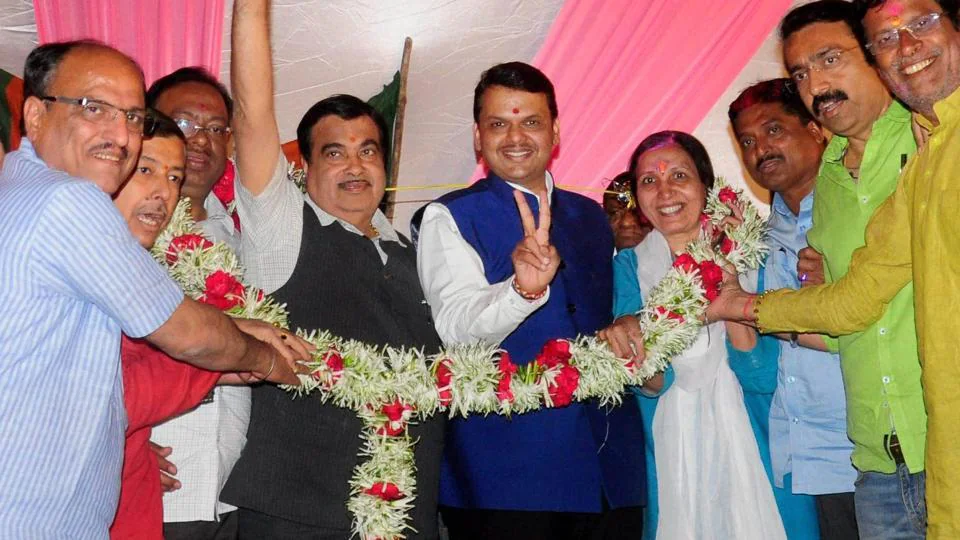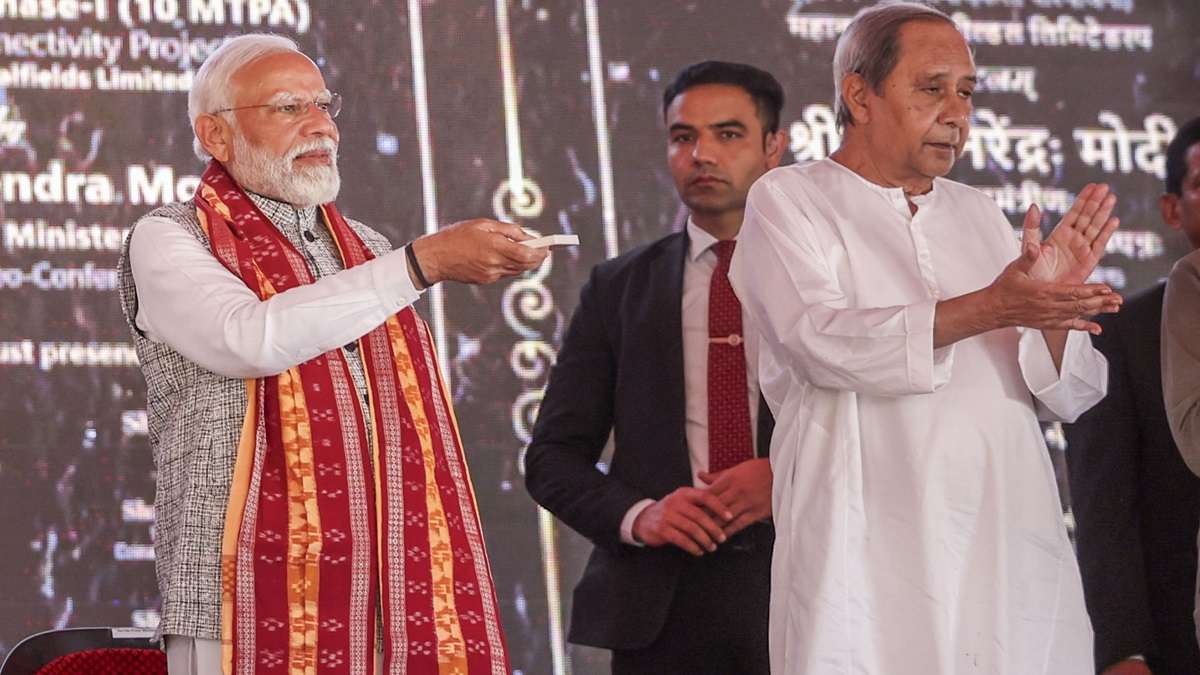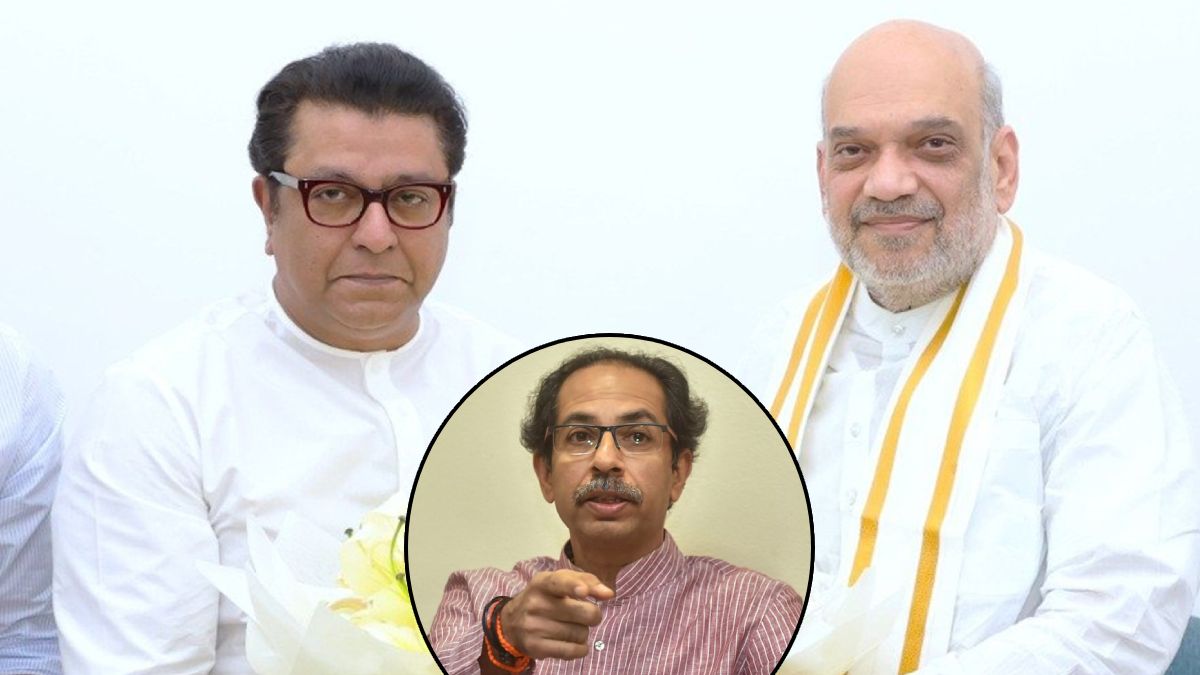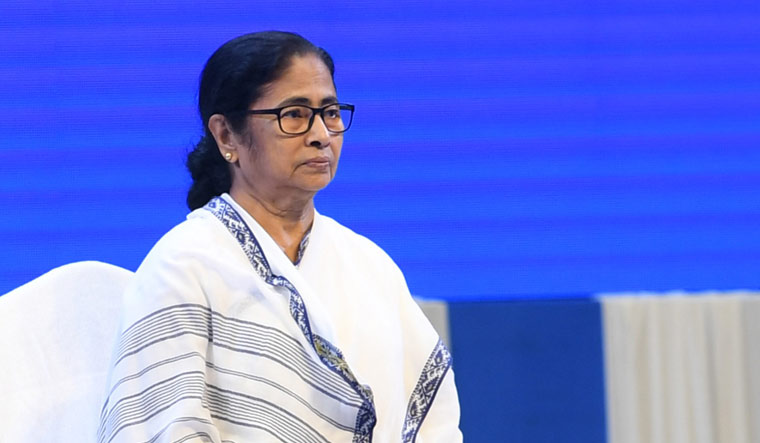For the first time in Maharashtra’s electoral history, the Lok Sabha elections for its 48 seats will be conducted across five phases, spanning from April 19 to May 20. This elongated schedule has raised concerns among the opposition parties, who perceive it as a move intended to provide an advantage to the BJP, given its superior resources, organizational strength, and relentless election machinery.
The strategic scheduling of phases, such as keeping Western Maharashtra and North Maharashtra for polling in the last two phases (May 13 and 20), has drawn attention. Rival parties argue that this arrangement allows the BJP and its allies more time to navigate through a bitter seat-sharing tussle in these regions. It affords them an opportunity to coordinate efforts in critical constituencies and strategize the deployment of their star campaigners effectively. Marathwada, witnessing polls in three phases for 8 seats, is particularly noteworthy due to its historical significance as a battleground for the Shiv Sena and NCP. The region’s complex dynamics, compounded by issues like the Maratha reservation and OBC backlash, underscore the need for careful planning and coordination among political factions.
Conversely, Vidarbha’s 10 seats will witness polls in two phases, scheduled right at the beginning (April 19 and 26). However, the decision to conduct voting in Mumbai during the last phase could potentially hinder the BJP’s prospects. Party leaders point out that a significant portion of their voter base in Mumbai comprises North Indian immigrants, who often travel to their native places for summer vacations during this period.
The BJP’s electoral strategy heavily relies on leveraging the charisma of Prime Minister Narendra Modi. With the extended gap between phases, the party can meticulously plan Modi’s rallies across various regions to maximize their impact. Additionally, Union Home Minister Amit Shah and Uttar Pradesh Chief Minister Yogi Adityanath are slated to hold mega rallies, further bolstering the BJP’s campaign efforts. Maharashtra Deputy CM Devendra Fadnavis, a key BJP figure, will traverse all 48 constituencies, conducting joint rallies with CM Eknath Shinde (Shiv Sena) and Deputy CM Ajit Pawar (NCP). Fadnavis emphasizes Modi’s overarching appeal, transcending traditional divides of caste, community, and geography.
Despite being the second-largest state in terms of constituencies, Maharashtra has typically witnessed Lok Sabha elections conducted in four phases at most. However, the decision to extend it to five phases this time has raised eyebrows among opposition leaders. NCP president Jayant Patil questions the necessity of five phases, alleging that it serves to facilitate the BJP’s campaign strategy. The opposition contends that Maharashtra has previously conducted single-phase polling across its 288 Assembly seats without major incidents of violence, highlighting the perceived discrepancy in the election schedule.
Congress state chief Nana Patole echoes these sentiments, questioning the rationale behind conducting five-phase polls and suggesting that it disproportionately benefits the ruling party. He insinuates that the BJP’s reliance on such tactics indicates a lack of confidence in its support base. Vanchit Bahujan Aghadi president Prakash Ambedkar expresses skepticism over the need for an extended election schedule, attributing it to the BJP’s desire to maximize Modi’s campaign outreach across Maharashtra.
In response, Maharashtra BJP president Chandrashekhar Bawankule emphasizes that the Election Commission determines the poll timetable, phases, and duration, dismissing allegations of partisan motives behind the scheduling decisions.
Overall, the decision to conduct the Lok Sabha elections in five phases in Maharashtra has sparked a debate over its implications for the electoral process and the perceived advantages it may confer upon the ruling party. Opposition parties remain vigilant, wary of potential attempts to manipulate the electoral landscape in favor of the BJP, while the ruling dispensation maintains that the election schedule is determined by independent regulatory authorities.





